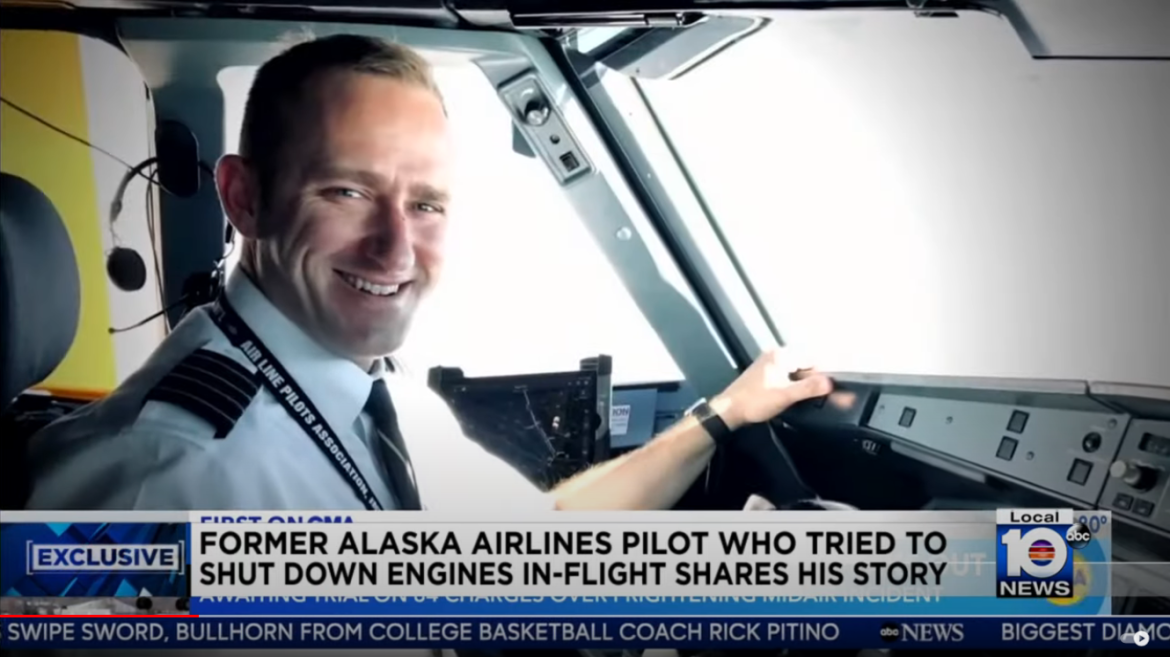Joseph Emerson, the former Alaska Airlines pilot who attempted to shut down the engines of a plane mid-flight in October 2023, is speaking out for the first time since the harrowing incident. In an exclusive interview with ABC News, Emerson reflects on what he calls the “biggest mistake of his life,” offering insights into the mental and emotional turmoil that led to the near-tragedy.
Emerson reveals that the incident was deeply rooted in unresolved grief over the death of his best friend six years earlier. He explains that the weekend leading up to the flight was meant to be a time of remembrance and celebration of his friend’s life. However, the trip took a dark turn when Emerson and a group of friends consumed psychedelic mushrooms. According to Emerson, the physical side effects of the hallucinogenic drug lingered for days, severely impacting his state of mind.
On the day of the flight, Emerson says he experienced an overwhelming “feeling of being trapped” inside the airplane. In his disoriented state, he believed that pulling the emergency engine shutdown handles would somehow “wake him up” from what felt like a dream-like state. This irrational action could have led to catastrophic consequences had the plane’s crew not intervened quickly to restrain Emerson and regain control of the aircraft.
The incident, which sent shockwaves through the aviation community, has raised significant concerns about mental health and substance use among airline professionals. Emerson’s case has sparked discussions on the importance of mental health screenings and the potential risks of pilots working under the influence of mind-altering substances.
Emerson, who has since been stripped of his pilot’s license, expresses deep remorse for his actions, acknowledging the terror and potential loss of life that his actions could have caused. “I never intended to harm anyone,” he says, “but I realize now how dangerous my state of mind was.”
The interview sheds light on the personal struggles that contributed to Emerson’s drastic actions and serves as a sobering reminder of the complex interplay between mental health and professional responsibility in high-stakes environments like aviation.



